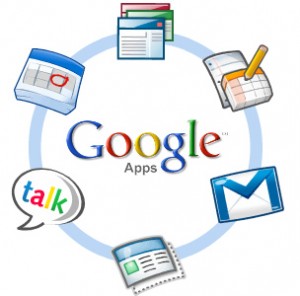From this week’s Economist.
The services differ in two important respects. The first is the nature of the relationships that underlie them. On Facebook, users can communicate directly only if one of them has agreed to be a “friend” of the other. On Twitter, people can sign up to follow any public tweets they like. The service, which boasts Ashton Kutcher (4.3m followers) and Oprah Winfrey (3m) among its most popular users, is in essence a broadcasting system that lets users transmit short bursts of information to lots of strangers as well as to their pals. Facebook, for its part, is more of an intimate, continuing conversation between friends.
This difference is revealed in research conducted by Mikolaj Jan Piskorski, a professor at Harvard Business School, and one of his MBA students, Bill Heil. They surveyed just over 300,000 Twitter users in May 2009 and found that more than half of them tweeted less than once every 74 days. They also discovered that the most prolific 10% of twitterers accounted for 90% of all tweets. On other online social networks the most active users typically produce just 30% of all content. Another survey published in June by Sysomos, a research firm that had analysed 11.5m Twitter accounts, found that one in five people that were signed up to the service had never posted anything.
Another big difference between Twitter and Facebook is in the kind of content that gets sent over their networks. Facebook allows people to exchange videos, photos and other material, whereas Twitter is part-blog, part e-mail. “There’s a real difference here between the power of multimedia and the power of text,” says Dom Sagolla, the author of a book about the art of twittering.
I’m ashamed to confess that I’ve never heard of Ashton Kutcher. Perhaps I’m just having a Retired Colonel moment.



